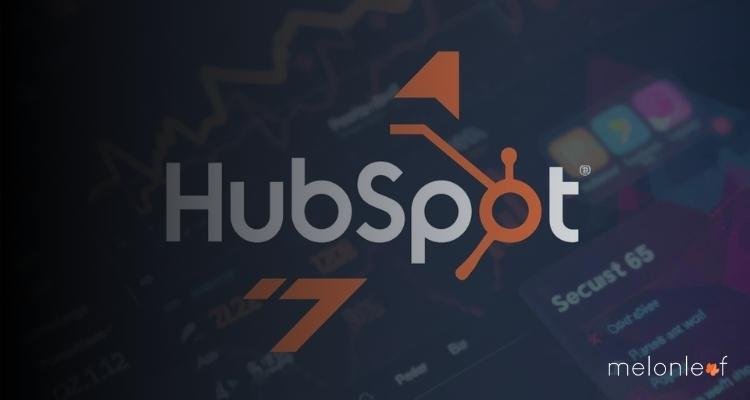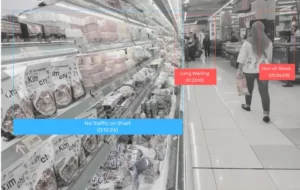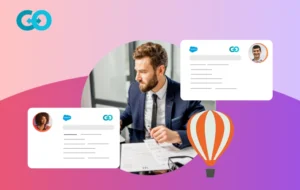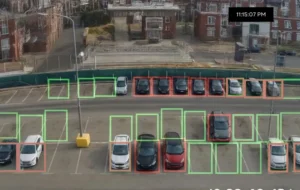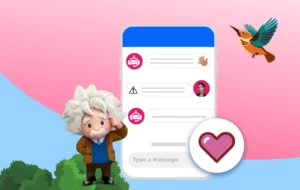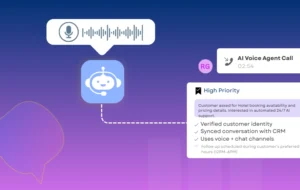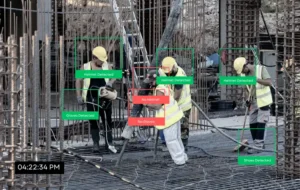In the ever-evolving world of technology, few careers offer a blend of creativity and logic quite like Salesforce development. Here businesses strive to connect with customers effortlessly, and at the heart of this role lies the Salesforce Developer. If you have ever been intrigued by the connection between technology and business strategy, this might be your calling.
But who exactly is a Salesforce Developer? What do they do, and how can you step into this role? This guide will take you through everything you need to know, from skills and tools to career paths and challenges.
Who is a Salesforce Developer?
Overview of Salesforce Development
Salesforce development revolves around building, customizing, and maintaining applications on the Salesforce platform. Businesses worldwide use Salesforce to manage customer relationships, automate processes, and gain valuable insights into their data.
The role of a Salesforce Developer in the CRM ecosystem
A Salesforce Developer acts as the backbone of any organization using Salesforce. Their job is to design and implement technical solutions that make business processes more efficient. Unlike traditional software developers, they work within the Salesforce ecosystem, utilizing its tools and frameworks to customize applications, automate workflows, and build integrations.
Why businesses need Salesforce Developers?
From small businesses to Fortune 500 companies, Salesforce is a crucial tool. However, out-of-the-box solutions often need customization. That’s where developers step in, creating powerful applications that align with a company’s needs. Businesses seeking to optimize their Salesforce environment often turn to Salesforce Experts like Melonleaf Consulting to solve their business cases.
What does a Salesforce Developer do?
The day-to-day life of a Salesforce developer is filled with writing and testing code, customizing objects, and deploying new functionalities. Some of their core responsibilities include:
- Developing Custom Applications: Writing Apex code, working with Lightning Web Components, and designing user-friendly applications.
- Data Management: Structuring data models, ensuring smooth data migration, and maintaining database integrity.
- Automation & Workflow Customization: Implementing process automation, writing triggers, and customizing workflows.
- Integration with External Systems: Connecting Salesforce with third-party platforms using APIs, middleware, or web services.
- Troubleshooting & Maintenance: Diagnosing issues, debugging code, and refining processes for better performance.
Skills required to become a Salesforce Developer
A Salesforce developer’s toolkit is as broad as it is deep. To excel in this role, one must have:
- Proficiency in Apex & Lightning Web Components: Understanding of Salesforce’s programming languages is essential.
- Knowledge of SOQL & SOSL: These querying languages are critical for working with Salesforce databases.
- Familiarity with Salesforce Architecture: Object-oriented programming and CRM structures form the backbone of development.
- API & Integration Knowledge: Experience with REST and SOAP APIs for seamless data exchange between systems.
- Analytical Thinking & Problem-Solving: The ability to understand business problems and craft technical solutions.
- Understanding of Security & Best Practices: Data privacy, authentication mechanisms, and system security are crucial considerations.
Salesforce Developer languages & tools
A Salesforce developer works with a suite of languages and tools to bring their theory into reality. These include:
- Apex: Salesforce’s proprietary programming language, similar to Java.
- Lightning Web Components (LWC): A modern framework for building dynamic user interfaces.
- Visualforce: A framework for building custom pages and applications.
- SOQL & SOSL: Query languages used to interact with Salesforce databases.
- Salesforce Developer Console & VS Code: Essential tools for writing and debugging code.
- Salesforce CLI & Git: For deployment, version control, and collaboration.
How to become a Salesforce Developer?
The journey to becoming a Salesforce developer starts with building a strong foundation in coding and understanding the Salesforce ecosystem. Here’s a roadmap to guide you:
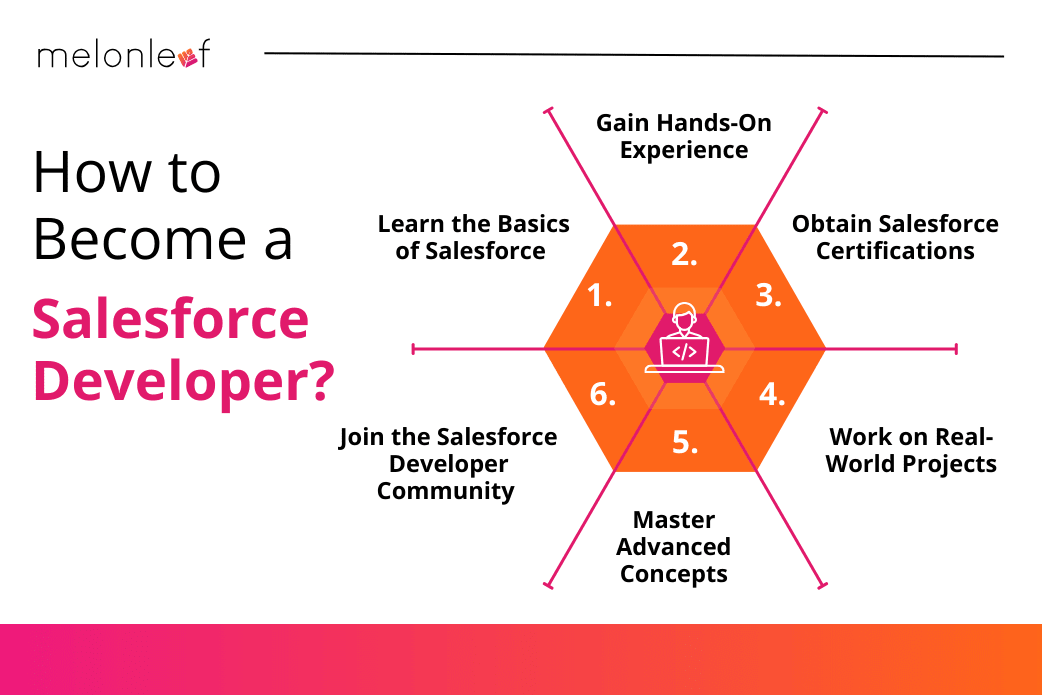
1. Learn the basics of Salesforce
Start by exploring Trailhead, Salesforce’s free learning platform. Trailhead offers modules and hands-on projects covering fundamental topics such as:
- Introduction to Salesforce
- Admin basics
- Declarative development (point-and-click automation)
- Apex and SOQL
2. Gain hands-on experience
Create a Salesforce Developer Edition account to practice and build custom applications. Work on small projects, explore different features and participate in the Trailblazer Community for support.
3. Obtain Salesforce certifications
Certifications validate your expertise and increase career opportunities. Some key certifications include:
- Salesforce Certified Platform Developer I (Entry-level certification focusing on Apex, Visualforce, and declarative tools)
- Salesforce Certified Platform Developer II (Advanced certification covering complex business logic, integrations, and best coding practices)
- Salesforce Certified JavaScript Developer I (Essential for those working with Lightning Web Components)
4. Work on real-world projects
Apply your skills by contributing to open-source projects, taking freelance work, or building personal projects to demonstrate your abilities. Participating in Salesforce Developer Forums and GitHub projects can also expand your knowledge.
5. Master Advanced Concepts
Once you are comfortable with the basics, dive deeper into advanced topics such as:
- Apex Triggers and Asynchronous Processing (Batch Apex, Future Methods, Queueable Apex)
- Lightning Component Development
- Salesforce Integrations (REST, SOAP APIs)
- Security Best Practices
6. Join the Salesforce Developer community
Engage with other professionals through events like Dreamforce, Salesforce Developer Groups, and online forums. Networking can open doors to mentorship, collaboration, and career opportunities.
For a deeper understanding, check out this guide: How to Become a Salesforce Developer
Salesforce Developer certifications & career path
Salesforce offers a comprehensive suite of certifications tailored for developers aiming to validate and showcase their expertise within the platform. Below is an updated list of Salesforce Developer Certifications:
1. Salesforce Certified Platform Developer I
This certification is designed for individuals who have experience developing and deploying business logic and user interfaces using the programmatic capabilities of the Salesforce Platform. It covers fundamental aspects such as Apex programming, Visualforce, and the Lightning Component Framework.
2. Salesforce Certified Platform Developer II
For professionals with advanced knowledge of the Salesforce Platform, this credential validates expertise in complex business logic and data modeling. It emphasizes advanced programmatic capabilities, including intricate Apex development, integration techniques, and best practices for deployment.
3. Salesforce Certified JavaScript Developer I
This certification targets developers proficient in JavaScript, focusing on both client-side and server-side aspects. It comprises two parts: the Lightning Web Components Specialist Superbadge and a proctored multiple-choice exam. The credential assesses skills in JavaScript, the Lightning Component Framework, and related development tools.
4. Salesforce Certified B2C Commerce Developer
Intended for developers working with Salesforce Commerce Cloud Digital, this certification validates expertise in setting up, managing, and customizing e-commerce solutions. It covers areas such as working with the digital data model, managing site content, and using the Commerce Cloud platform tools.
5. Salesforce Certified OmniStudio Developer
Intended for developers working with Salesforce Commerce Cloud Digital, this certification validates expertise in setting up, managing, and customizing e-commerce solutions. It covers areas such as working with the digital data model, managing site content, and using the Commerce Cloud platform tools.
6. Salesforce Certified Platform App Builder
While not exclusively for developers, this certification is valuable for those who design, build, and implement custom applications using the declarative customization capabilities of the Salesforce Platform. It covers topics such as data modeling, security, business logic, and process automation.
These certifications not only validate expertise but also open doors to roles such as:
- Salesforce Developer
- Salesforce Architect
- Salesforce Consultant
- Technical Lead
Reasons to Become a Salesforce Developer in 2025
With businesses increasingly adopting Salesforce, the demand for skilled developers continues to rise. Some compelling reasons to consider this career include:
- High Demand & Job Security
- Attractive Salary Packages
- Opportunities for Remote Work
- Continuous Learning & Career Growth
Wrapping Up
If you enjoy problem-solving, have an analytical mindset, and want to work in a domain that blends technology with business strategy, then Salesforce development is worth considering. The opportunities are vast, the work is dynamic, and the rewards are fulfilling.
For businesses looking to hire Salesforce Developers, Melonleaf Consulting provides top-tier talent for your Salesforce implementation.


